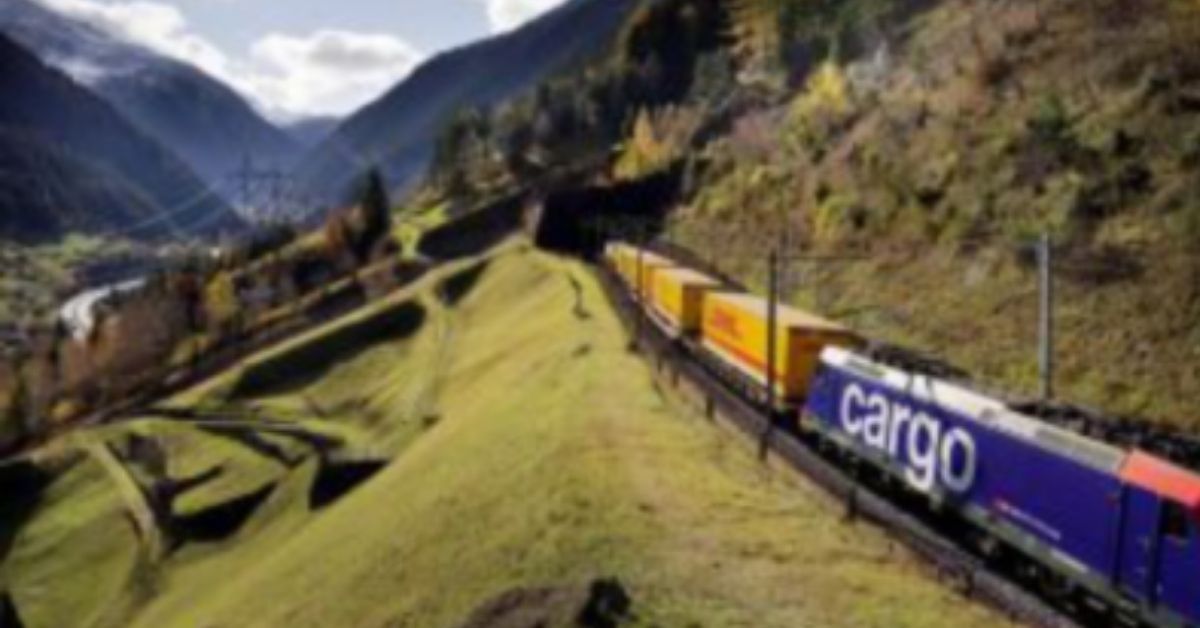On June 11, two 40-foot containers of wood laminate sheets departed from St. Petersburg on a journey to India. Travelling from the Astrakhan Port in southern Russia to the Iranian ports of Anzali on the Caspian sea and Bandar Abbas on the Persian Gulf, the consignment will reach the west coast of India, docking either at Nhava Sheva or Mundra port. If there are no major impediments, the consignment should reach India by the first week of July.
The test consignment from Russia, commencing trade on the International North South Transport Corridor (INSTC) route, has generated plenty of enthusiasm in government circles. Aside from the fact that this North-South route saves nearly two weeks of travel time, the positioning of the INSTC as an alternative to the traditional deep sea Suez Canal route is the focus of geostrategic and economic diplomacy, primarily for India, Russia and Iran.
The legal basis for the INSTC multi-modal network of ship, rail, and road for moving freight was provided by India, Russia and Iran at the Euro-Asian Conference on Transport in St. Petersburg on September 12, 2000. Other members include Turkey, Oman, Syria, Belarus and Ukraine; the Central Asian nations of Tajikistan, Kyrgyzstan, Kazakhstan; and Caucasus nations Armenia and Azerbaijan.
Pakistan, Turkmenistan and Afghanistan are not party to the INSTC agreement but are interested in using the transport corridor.
The current test consignment is moving along the Western and TransCaspian route of the INSTC, along the ports of Baku and Bandar-e Anzali, reaching Bandar Abbas overland and thereafter crossing the Gulf of Oman and the Arabian Sea. There were previous dry runs on the 7,200-km-long INSTC route in 2014, 2016 and 2021, all of which confirm the average time using either the road section, from Bandar Abbas to Baku; or the Caspian sea route, from Bandar Abbas to Amirabad to Astrakhan, would take an average of 18 days.







